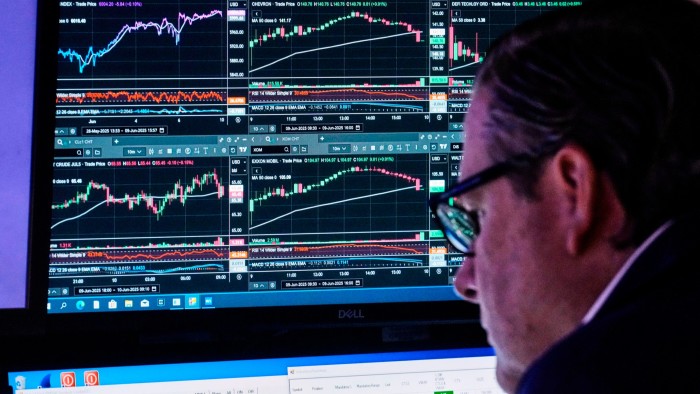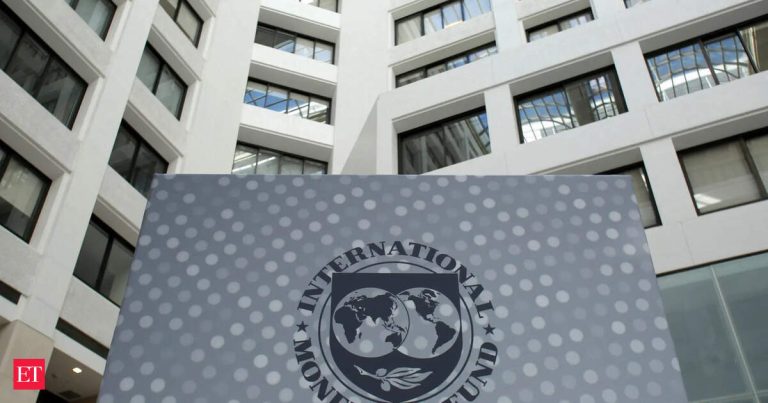Unlock the Editor’s Digest for free
Roula Khalaf, Editor of the FT, selects her favourite stories in this weekly newsletter.
Private market funds have underperformed large-cap US stocks over commonly measured time horizons for the first time in nearly a quarter of a century, as a slowdown in private equity dealmaking activity hampers the sector’s returns.
State Street’s private equity index — which tracks returns from private equity, private debt and venture capital funds — delivered a 7.08 per cent return last year, compared with a 25.02 per cent total return for Wall Street’s blue-chip S&P 500 index.
The data shows that the S&P 500 outshone private markets funds for the last three months of 2024, as well as on a one, three, five and 10-year basis. That marks the first calendar year that private markets funds have underperformed the stocks index across all measured time horizons since 2000.
The gap in performance last year between the two indices was also one of the largest on record.
The underperformance comes after investors globally have poured trillions of dollars into private markets, betting that they can provide higher and less volatile returns and access to more companies than equity markets.
“The average private equity manager has clearly been impacted over the last five years as the benefits from leverage and multiple expansion have faded,” said Arjun Raghavan, chief executive of Partners Capital, which invests in public and private markets on behalf of clients.
The data, which measures private funds based on actual cash flows and does not depend on voluntary reporting, comes after a number of years in which the global buyout industry has struggled to purchase and sell companies.

Rapid interest rate rises in 2022 to combat inflation led to a gap between the prices buyers were willing to pay for assets, given the sharply increased cost of borrowing, and those at which sellers were hoping to sell. The subsequent lack of exits left the buyout sector struggling to distribute cash to its backers.
Dealmakers were hoping for a recovery in activity with the election of US President Donald Trump, but his aggressive approach to trade tariffs has so far left them disappointed.
The State Street private equity index, which includes more than 4,100 funds with committed capital totalling over $5.7tn, last outperformed the S&P 500 for a calendar year in 2022, when it recorded a smaller drop than the public market.
Private debt posted the best return for last year of all strategies in the State Street index, recording a 9.11 per cent gain on average, followed by venture capital at 7.05 per cent. Buyout funds posted a 6.81 per cent average return.
The private equity index also underperformed the Russell 2000 index of smaller listed companies in 2024, although it outperformed that index over three, five and 10-year horizons.
Private equity was “not a monolithic asset class” and the “right managers” would likely outperform public equities, said Raghavan, adding that the S&P 500’s recent gains were driven by a handful of stocks whose performance was unsustainable long-term.
Ken Barry, mergers and acquisitions partner at law firm White & Case, said the best-performing private equity firms could still be relied on to outperform public benchmarks, offering a “lower correlation to public market volatility”.
Sector-focused private funds beat their generalist peers, according to State Street. Private markets funds targeting the financial and energy sectors recorded 15.08 per cent and 10.89 per cent returns respectively for 2024. Those focused on information technology also beat the private markets average with an 8.12 per cent return.







